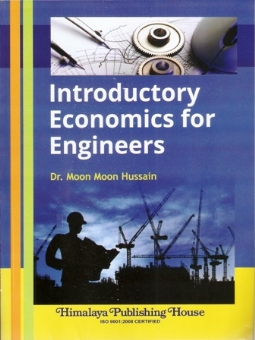Engineering economics is the practical application of economic principles in the field of engineering technology. While engineers look for solution to problem, engineering economics look at the economic appropriateness of the project objectively and assesses the value of the project. It simple helps to choose a more economically viable solution all potential solution.
Economics and engineering are closely related. Economics is considered to be the queen of social science and has been defined to be social science of earning a living. With the same appropriateness, engineering may be define to be physical science applied to helping groups of men to make a better living. The increased diversity of technologies, constraints of resources and consequences of design requires that engineers have a firm grasp of economics. Engineering activities are actually means to satisfy human wants. Engineering has two concerns – the materials and forces of nature and the needs of people. Because of resource constraints, engineers must be closely associated with economics. Experience and practice should be applied with judgments to develop ways to utilize economically the materials and forces of nature for the benefit of mankind. Engineering must decide if the benefits of a project exceed its costs. An engineering should not only be well versed with the mathematics of physics chemistry and material strength but should also be able to understand the technicalities and jargon of areas beyond their expertise to effectively communicate like the complex technicalities of finance with border trends in society. This course introduces a students to this vast subject through a few introductory techniques that can then be directly applied to real world situations.
Contents :
1. Introduction
2. National Income Determination
3. Money and Banking
4. Industry, Market and Trade
5. Budget, Policies and Indicators
6. Economic Growth and Role
References
Glossary of Economic Terms and Concepts







